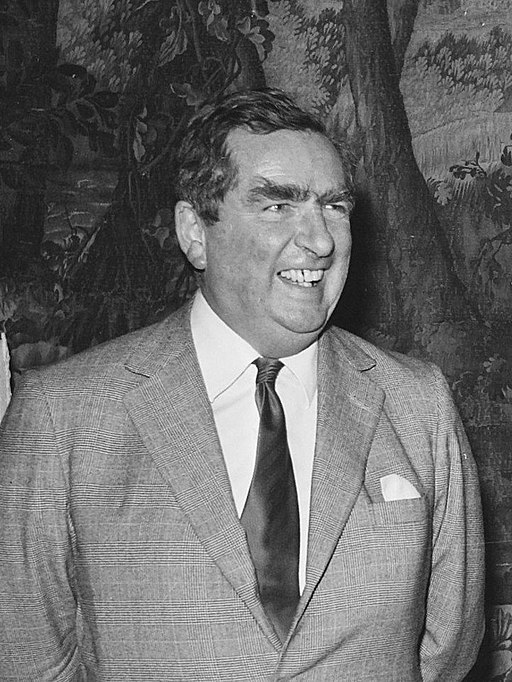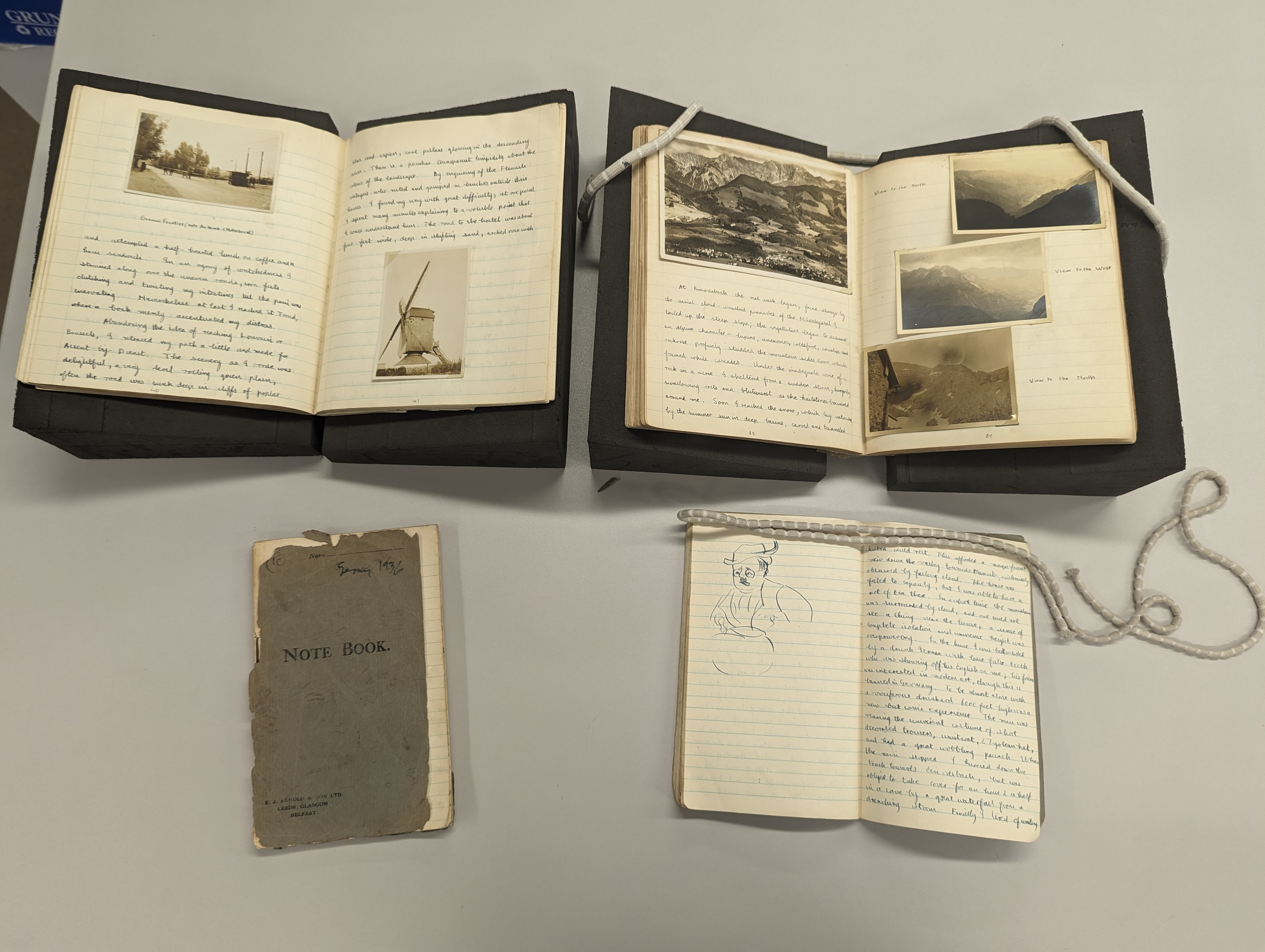The archive of Labour Party politician Denis Healey is now available for consultation. The catalogue can be consulted online at Bodleian Archives and Manuscripts.
Healey held various roles both in and out of government, including Secretary of State for Defence, Chancellor of the Exchequer, Shadow Foreign Secretary and Deputy leader of the Labour Party, and ran for Party leadership in 1976 and 1980. The archive contains papers on Healey’s political work, as well as his personal interests, particularly his love of photography.
A real highlight of the collection are Healey’s diaries, which he kept throughout his life and cover holidays he took as a youth, his service in Second World War, and his political career all the way from his first job as International Secretary of the Labour Party to his death in 2015. These diaries give a personal, and often entertaining view of his times and his contemporaries – I particularly like his 1946 description of Michael Foot: “He looks like the Tory idea of a weedy Bolshie – gaunt, black hair en brosse, black glasses, bad teeth, and a ravaged complexion, and talks with a nervous cockney glottal stop” (MS. Healey 62).
My personal favourites, however, aren’t his political diaries, but rather the group of diaries he kept to record a cycling holiday he took to Germany in 1936. These were written in rough while on the holiday, written up neatly on his return (a good thing, as Healey’s handwriting is pretty terrible) and illustrated with postcards, photographs and sketches. Healey was a passionate anti-fascist, to the extent of leaving the Communist Party because of their opposition to WW2 following Molotov-Ribbentrop Pact, and in 1965 he had an altercation with notorious neo-Nazi Colin Jordan who invaded the stage at a town hall meeting: “I barged him off”, Healey says in his diary (MS. Healey 63), but contemporary newspapers seemed sure it was a punch. However, his experience of travelling around and talking to people strongly influenced his post-war attitudes to international relations, as well as simply being a fascinating and oddly charming account of an outsider’s view of Nazi Germany.

